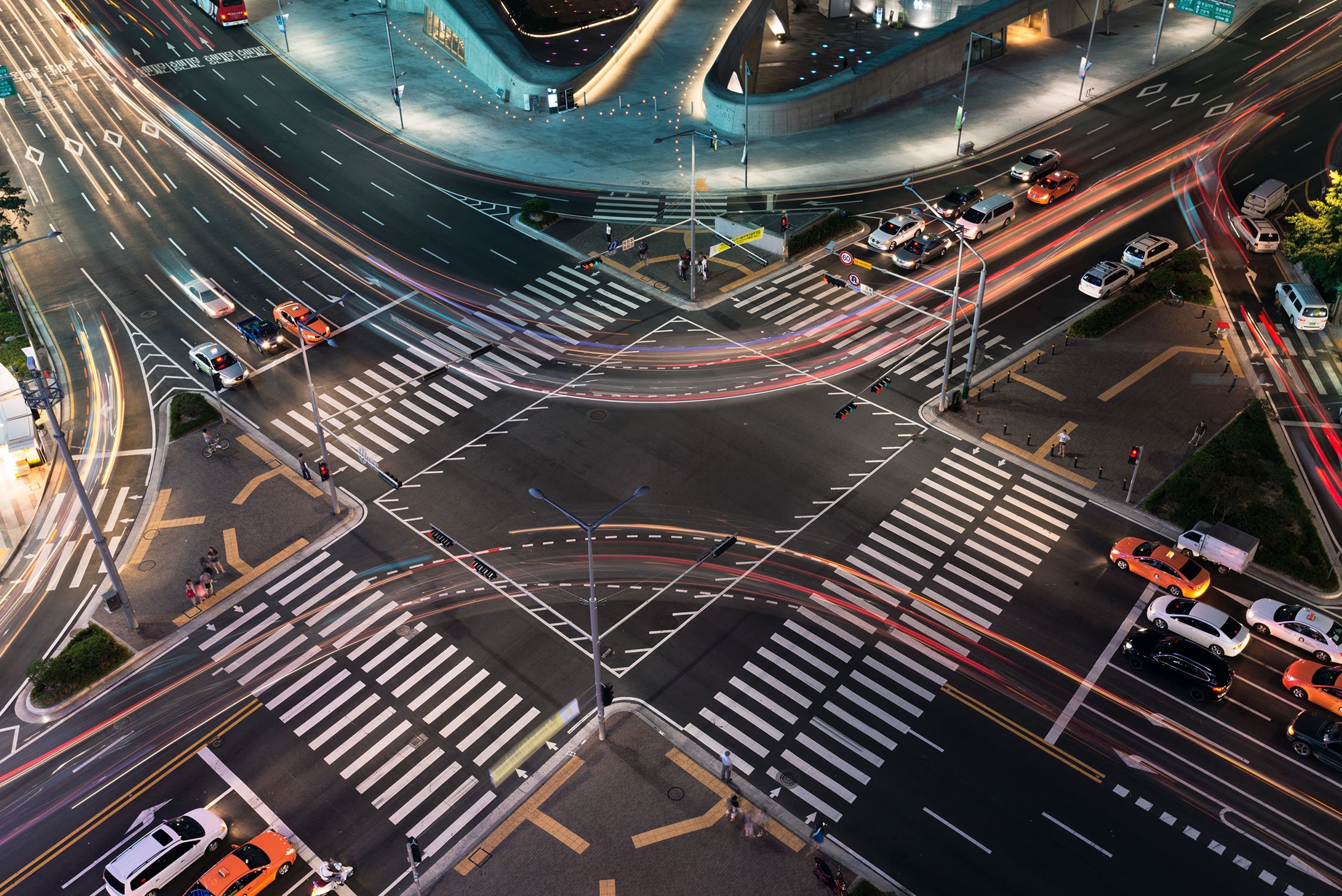On October 17, 2023, the US Department of Commerce’s Bureau of Industry and Security (“BIS”) released two interim final rules (collectively, the “October 2023 IFRs” available here and here) amending the Export Administration Regulations (the “EAR”) to further strengthen export controls on advanced computing items, semiconductor manufacturing equipment, and items that can support end uses related to the development and production of supercomputers, advanced-node integrated circuits and semiconductor manufacturing equipment. The long-awaited October 2023 IFRs come more than one…
In this episode of Connect On Tech, your host Brian Hengesbaugh talks with Nikolaus Reinhuber, Global Chair of Industrials, Manufacturing and Transportation at Baker McKenzie about Back to the Future, our latest report exploring the future of Industrials. In this episode, you will learn about: The key findings of the report, which were pieced together following 700+ conversations with industry leaders around the worldChallenges and opportunities arising for Industrial companies as technology and the world…
The city of Turin is at the forefront of autonomous vehicle testing. On 26 October 2018, first in Italy, an autonomous vehicle drove in the city center wholly driverless using 5G technologies. Italian roads are now open to smart mobility. To this end, earlier this year, the Italian Ministry of Infrastructures and Transport pioneered the road of Intelligent Transport Systems by adopting a decree that paves the way for the digital transformation of Italian infrastructures.…
This month, the U.S. Department of Transportation (DOT) has updated its policies and guidance for automated vehicles — Preparing for the Future of Transportation: Automated Vehicles 3.0 (AV 3.0). This update not only provides clarity and further guidance on DOT’s existing policies, including the use of voluntary safety standards and the proper roles for the Federal and state governments, but also expands DOT’s guidance beyond passenger vehicles to other modes of transport. The automated vehicle…
Effective January 1, 2020, according to a new Cal. Civ. Code § 1798.91.04(a), manufacturers of connected devices offered for sale or sold in California must equip such devices with reasonable security features to protect the device and any information contained in them from unauthorized access, destruction, use, modification, or disclosure. Unlike the GDPR and other data privacy laws, which impose obligations on data controllers and processors, the Californian law applies to organizations irrespective of whether…
IntroductionThe integration of high technology software and sophisticated systems in automobile design has produced cars that have become complex computers teeming with billions of data. Built-in sensors, Internet-connected dashboards, video content-sharing capabilities, and infotainment platforms have made these smart cars hyper-efficient data collecting machines. While this development presents exciting opportunities, it is critical to have a robust strategy to address the associated risks.1. Designed with Data Security in MindAutomakers will need to consider privacy and data…
NHTSA Removing Regulatory Barriers for Vehicles with Automated Driving Systems Comment Deadline: 5 March 2018Summary: National Highway Traffic Safety Administration (NHTSA) has requested comments related to current Federal Motor Vehicle Safety Standards (FMVSS) that may affect development of automated driving system-equipped (ADS-equipped) vehicles. NHTSA would like commenters to identify FMVSS that would limit an entity’s ability to develop ADS-equipped vehicles without any manual controls (e.g., steering wheel, brake and accelerator pedals), or designed with unconventional interiors…
Over the past few decades, supply chain management has benefited immensely from technological advances that have made it easier and faster to transport cargo from one place to another. However despite these advances, supply chains continue to face challenges when it comes to tracking cargo, ensuring the integrity of cargo and holding members of the supply chain accountable for cargo, as it moves from one participant in the chain to the next. Blockchain has the…







